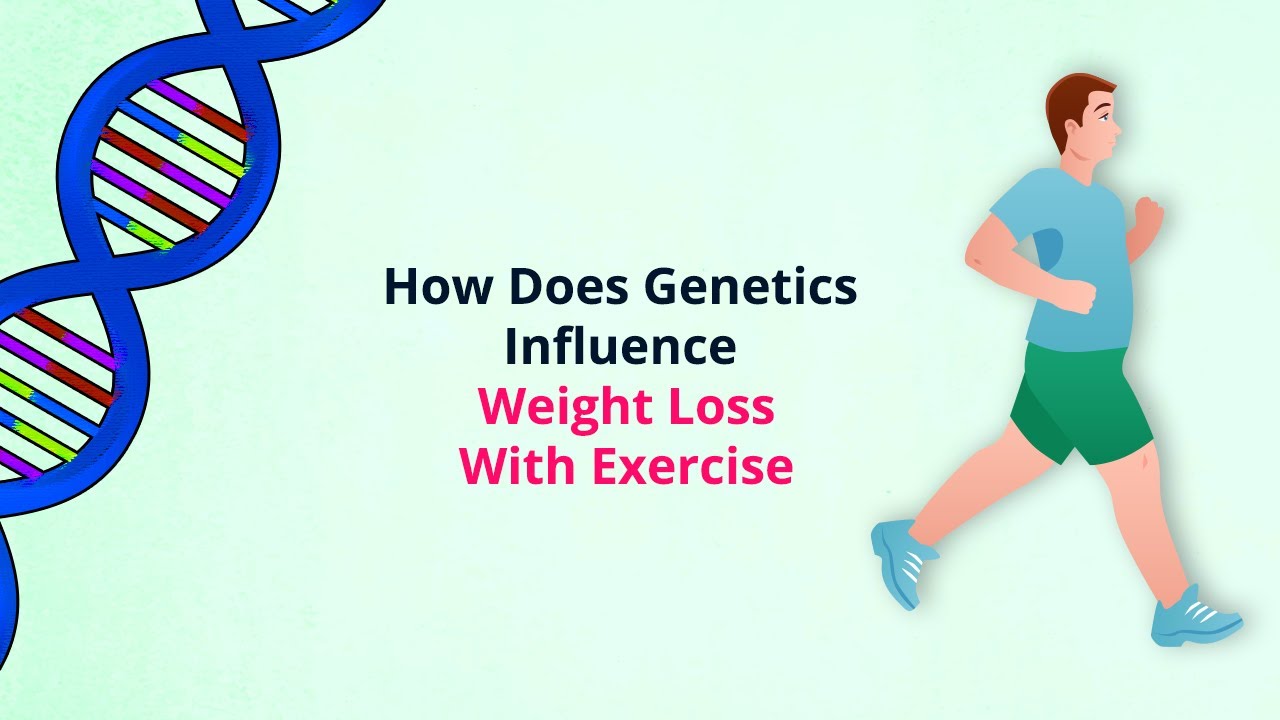When should you work out to reduce weight? The debate over the best time of day to exercise for fat loss has been going on for years. Some people swear by working out in the morning, while others prefer to hit the gym after work. So which is better? In this article, we'll take a closer look at the science behind exercising in the morning or evening and help you decide which approach is best for you.
Did You Know?
How much weight you lose with exercise is greatly influenced by your genes! Learn more:
Morning vs. Evening Workouts
Before exploring the benefits of morning vs. evening workouts, we need to get one thing out of the way - the best time to exercise is whenever you can.
Not all of us may have a flexible schedule allowing us to do a 90-minute power-packed workout session, followed by a visit to the juice bar for a dose of green smoothie.
If you can get in a 20-minute workout mid-morning, doing it consistently will yield better results than forcing yourself to wake up at 5 AM and work out (only to miss it 4 out of 7 days).
Nevertheless, morning and evening workouts both have their advantages and disadvantages.
Morning Workouts
Advantages
- Boosts metabolism
- Increases energy levels
- Improves sleep cycle
- Establishes routine
- Elevates your mood for the rest of the day
Disadvantages
- Difficulty waking up
- Longer warm-ups
- Starting with low fuel
- Physical performance may not be at peak
Evening Workouts
Advantages
- Better physical performance
- Better stress relief
- Shorter warm-ups
- Allows more flexibility
Disadvantages
- Interferes with sleep
- Tiredness after a long day
- Consistency issues
Research has shown that both morning and evening workouts can effectively lose weight.
However, the optimal time of day for exercise may depend on individual factors such as circadian rhythms and personal preferences.
It's important to remember that consistency and frequency of exercise are key for weight loss, regardless of the time of day.
Morning vs. Evening Workouts: Which Is Better For Fat Loss?
A new study from Karolinska Institutet in Sweden and the University of Copenhagen in Denmark examined the relationship between exercise time and fat loss in mice.
The results are published in the journal PNAS.
Study Details
The researchers subjected the 10- to 11-wk-old mice to a 1-hour session of high-intensity exercise twice daily - late morning (early active phase) and late evening (early rest phase).
They then studied the mice's adipose (fat) tissue to check the markers for fat metabolism and analyze the activities of the genes involved in fat burning.
Some of the fat metabolism markers examined were:
- Non-esterified fatty acids (NEFA) - units of lipids
- Aadrenaline and noradrenaline
- Cortisol
- Triglycerides
- Insulin
- Glycogen
Study Results
The study observations were as follows:
- Morning workouts increase the activity of genes involved in fat breakdown
- Early active phase exercise increased heat production and mitochondrial expression, indicating the higher metabolic rate
- Morning exercise could be more effective than late evening exercise in terms of boosting the metabolism and burning fat
- The effects observed were independent of food intake
Disclaimer
Even though mice and humans share many physiological functions, it is essential to consider that mice are nocturnal.
More studies are needed to draw reliable conclusions about the relevance of our findings to humans.
How To Become A Morning Workout Person And Stick With It?
If you're not a morning person, waking up early to exercise can seem daunting.
However, with a few strategies and some persistence, it's possible to become a morning workout person and stick with it.
Here are some tips to help you get started:
- Start slow: Start by waking up 15-30 minutes earlier than usual and gradually work your way up to your desired wake-up time. Give yourself time to adjust to the new routine.
- Pre-plan your workout: Plan your workout the night before and lay out your workout clothes. Having a plan in place can help you feel more motivated and prepared in the morning.
- Get enough sleep: Make sure you're getting enough sleep at night to ensure you wake up feeling rested and energized. Aim for 7-9 hours of sleep each night.
- Create a routine: Establish a morning routine that works for you. This could include things like stretching, meditation, or making a healthy breakfast. Creating a routine can help make waking up early more manageable.
- Find a workout buddy: Find a workout buddy to help keep you accountable and motivated. Having someone to work out with can make waking up early more enjoyable.
- Adjust your evening routine: To make waking up early easier, adjust your evening routine. Avoid caffeine and alcohol, and try to wind down with activities like reading or a warm bath.
Becoming a morning workout person and sticking with it requires planning, persistence, and patience.
With time and consistency, you may find that waking up early to exercise becomes easier and more enjoyable.
Summary
- Working out in the morning or evening is a personal preference and may depend on your routine and energy levels.
- While morning exercise can help boost energy levels and metabolism, evening workouts may help achieve peak physical performance.
- According to a recent study, morning workouts favor more fat burning by increasing the activity of genes that drive fat-burning and improve thermogenesis.
- Gradually advancing your wake-up time, finding a buddy for your morning workouts, and creating an evening/bedtime routine can make it easier to form the morning exercise habit.






